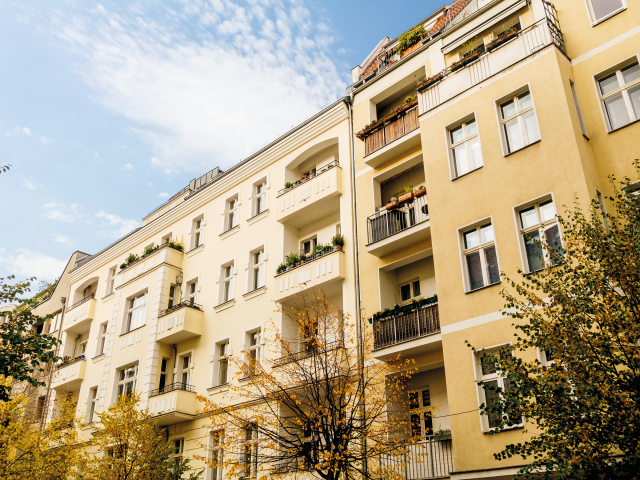{{title}}
{{description}}
Read more
The 2015 Paris Agreement marked a turning point in history. For the first time ever, the world’s nations undertook to actively combat climate change. For 2050 to be a year worth living in, decarbonisation is a necessity.

At the Climate Change Conference in Paris in December 2015, the United Nations laid the foundation for the reduction of greenhouse gas emissions: 197 countries adopted a joint, global approach to climate protection.
The core aim of the Paris Agreement is to limit global warming to well below 2 degrees Celsius by 2050, but preferably to 1.5 degrees Celsius, compared to pre-industrial levels.
The Paris Agreement is the first comprehensive and legally binding climate protection regulation in the world. It is being implemented at European and national level.
As part of the “Green Deal” climate policy strategy, the European Union has agreed on climate targets that correspond to the global Paris Agreement and enshrined them in the European Climate Law:
Europe aims to be the first continent to become climate-neutral by 2050.
The interim goal of the international community is to reduce CO2 emissions in the European Union by 55 per cent by 2030. To achieve this, many member states have already put together packages of measures – with a particular focus on the buildings sector.
EU Green Deal
The European Green Deal is the political commitment agreed in 2019 by EU member states to reduce their CO2 emissions to zero by 2050.

The decisive factor in the energy transition lies within the buildings sector. Modern and efficient heating technology plays a key role in the decarbonisation of existing buildings.
The renovation wave is a strategy within the European Green Deal to increase the energy efficiency of buildings and drive the decarbonisation of the buildings sector. The EU plans to double the renovation rate of buildings to at least 2 per cent by 2030.
One area of focus is the modernisation of existing heating systems. Modern and energy-saving technologies are to be used for heating and hot water. The replacement rate of outdated, inefficient heating systems with new technology is to rise to 4 per cent.

The Vaillant Group contributes to the decarbonisation of the buildings sector with resource-saving products and services.
One area of particular focus is eco-friendly heat pumps. These work with up to 75 per cent renewable energies and require only 25 per cent electricity as an energy source. If that energy is obtained from green electricity, heat pumps are operated without generating greenhouse gas emissions. This makes heat pumps a key technology for the decarbonisation of the buildings sector.
Modern gas-fired condensing boilers also make a contribution to the energy transition. They use fuels highly efficiently and – integrated into hybrid systems – can also be coupled with technologies based on renewable energies. In addition, Vaillant’s current generation of condensing boilers can already be operated with a hydrogen content of up to 30 per cent. A condensing boiler developed by the Vaillant Group that uses pure hydrogen and therefore does not emit CO2 has already been certified. The prerequisite for that is that the hydrogen is produced with the help of renewable electricity.
